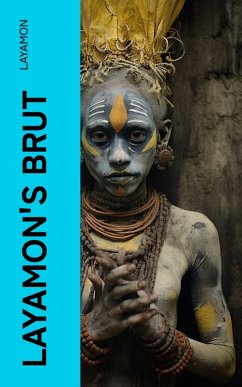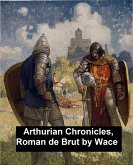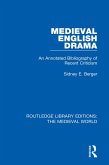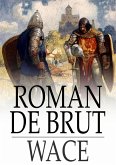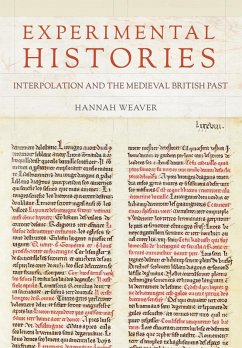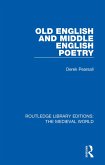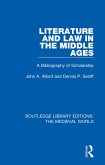Layamon's Brut is a Middle English poem assembled and remold by the vicar Layamon. The Brut relates the history of Britain and is the main historiography created in English since the Anglo-Saxon Chronicle.
Dieser Download kann aus rechtlichen Gründen nur mit Rechnungsadresse in A, B, BG, CY, CZ, D, DK, EW, E, FIN, F, GR, H, IRL, I, LT, L, LR, M, NL, PL, P, R, S, SLO, SK ausgeliefert werden.

